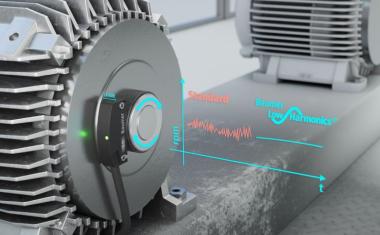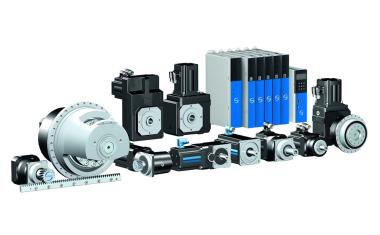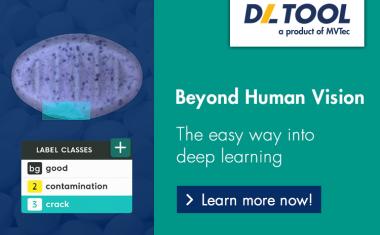16 million euros for photonic quantum processors
Seven universities and research institutions as well as Vanguard Automation GmbH employ a measurement-based quantum computing approach in the BMBF project PhotonQ.
Quantum computers will one day be able to solve problems at high speed that cannot be handled by classical computer stems. However, in order for these computers to become practical, they must process a significantly higher number of qubits and have lower error rates. A research project led by Prof Stefanie Barz from the University of Stuttgart is now developing a photonic quantum processor for this purpose, which allows the realization of quantum algorithms with only a few qubits and, in the future, should enable rapid scaling to qubit numbers that are relevant for practical applications.
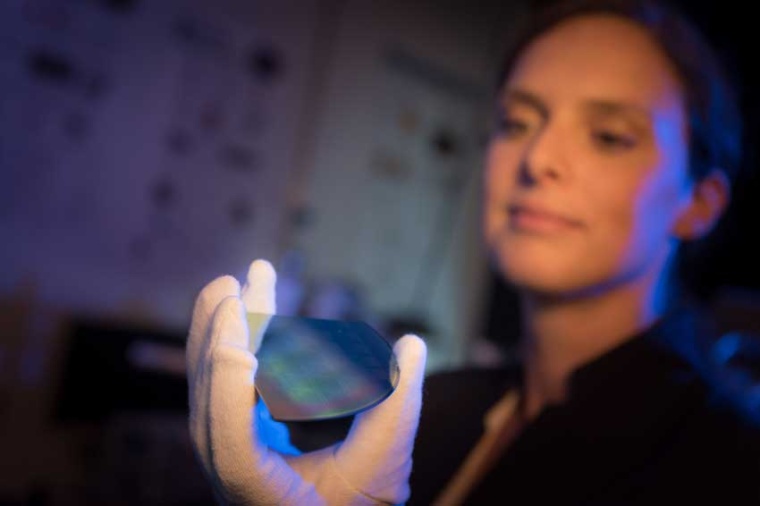
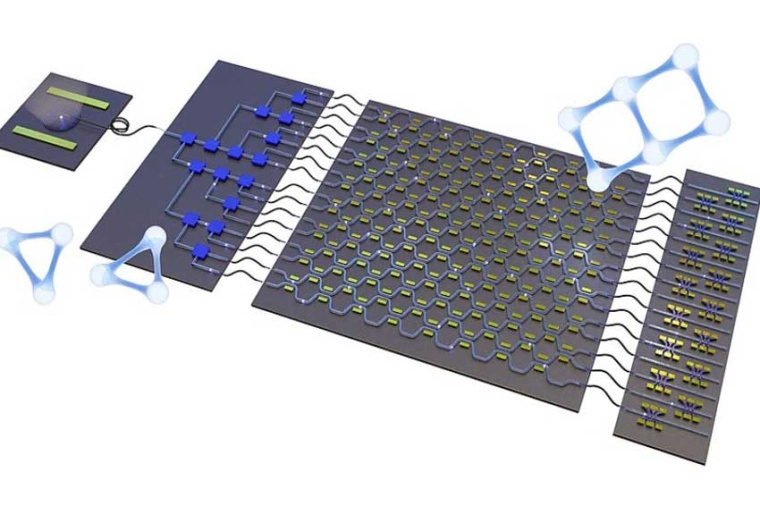
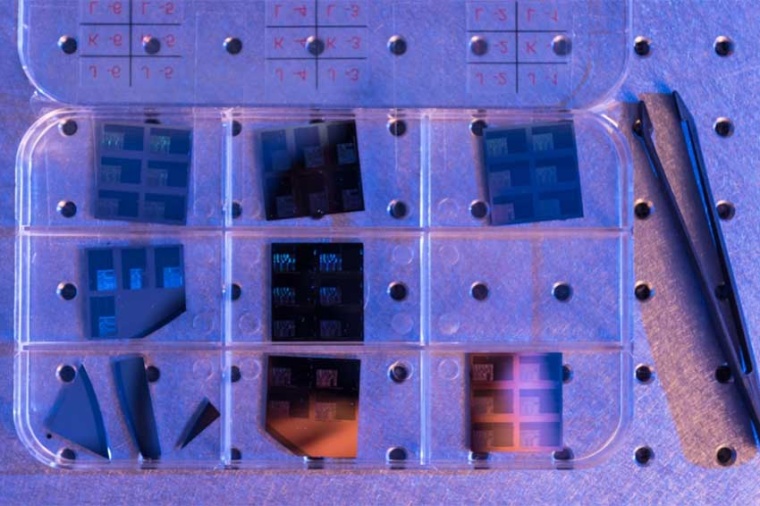
There are many different approaches to researching new, scalable quantum processors: atom and ion traps, superconductors, semiconductors or entangled photons. In PhotonQ, funded by the Federal Ministry of Education and Research (BMBF) with 16 million euros, the universities of Stuttgart, Würzburg, Mainz and Ulm, the Technical University of Munich, the Institute for Microelectronics Stuttgart and Vanguard Automation will develop a photonic quantum processor. The heart of the quantum processor is an integrated photonic chip.
The starting point for a measurement-based quantum processor is a highly entangled quantum state. Entanglement means that a measurement on one particle can change the state of another particle regardless of distance. To perform universal quantum computations, (adaptive) measurements are made on a large entangled state adapted to the computational problem at hand. “The challenge here is to produce and process such a state in a photonic system with high efficiency and quality. The development of integrated optical components and circuits plays a central role here. Very importantly, optical losses in the system must be kept as low as possible. At the same time, there must be a high level of efficiency in the generation and detection of photons. This requires the development of new or significantly improved components in all subsystems,” explains project coordinator Stefanie Barz from the Institute for Functional Matter and Quantum Technologies (⬈ FMQ) at the University of Stuttgart. Accordingly, deterministic photon sources, scalable silicon photonic circuits, better interconnection technology and novel single photon detectors will be realised in the ⬈ PhotonQ project.
The overall system of the quantum processor will be built at the University of Stuttgart. It will demonstrate quantum information processing with eight qubits and prove the fundamental suitability of the measurement-based principle for photonic quantum computing. Over the project period of four years (2022 – 2025), four generations of processors will be developed, which will increase in complexity. The partners are developing special hardware components or theory and software concepts for optimizing and characterizing the processor.
PhotonQ is already the second project at the University of Stuttgart funded under the BMBF’s ⬈ Quantum Processors and Technologies for Quantum Computers measure. Both projects underline the research strength of the University of Stuttgart in its profile area of quantum technology.
Company
Universität StuttgartKeplerstr. 7
70174 Stuttgart
Germany
most read
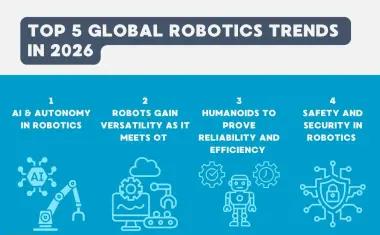
5 robotics trends for 2026
The International Federation of Robotics reports on the five most important trends for the robotics industry in 2026.
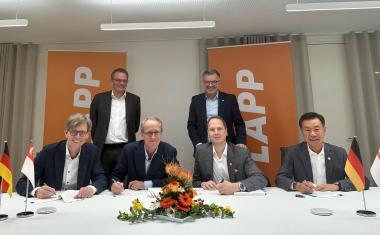
Lapp Group takes over JJ-Lapp completely
JJ-Lapp will now become a wholly-owned subsidiary of the Group, with financial details remaining confidential.
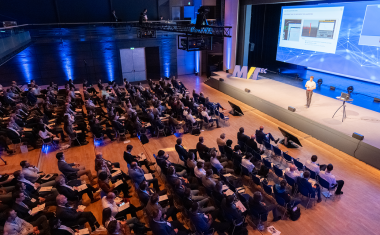
MVTec Innovation Day 2026: Exchange and insights into machine vision
This event, now in its eighth year, offers the machine vision community a platform for networking and professional exchange.
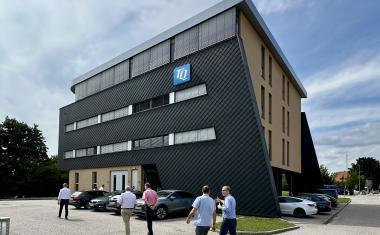
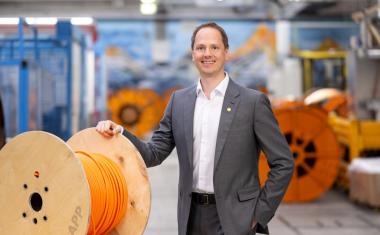
Lapp founds its own company in Taiwan
The Lapp Group has assumed operational responsibility for the cable business in Taiwan, which was previously managed by DKSH Business Unit Technology.




